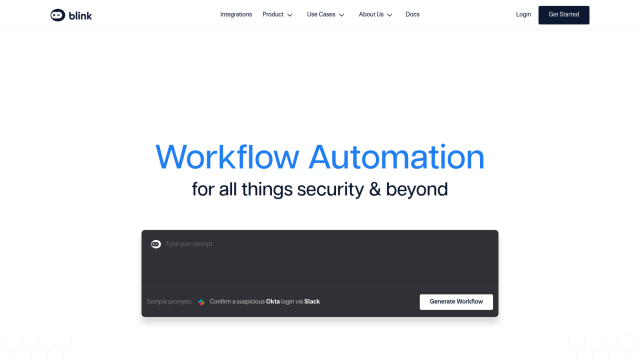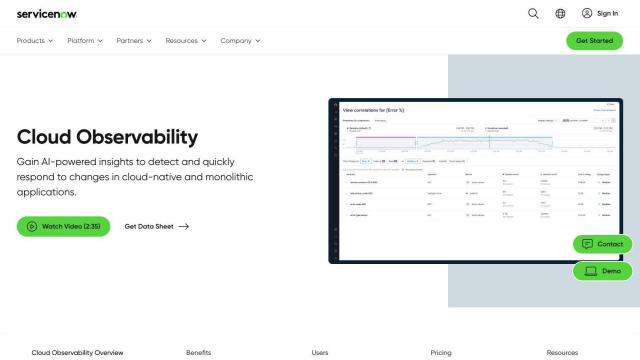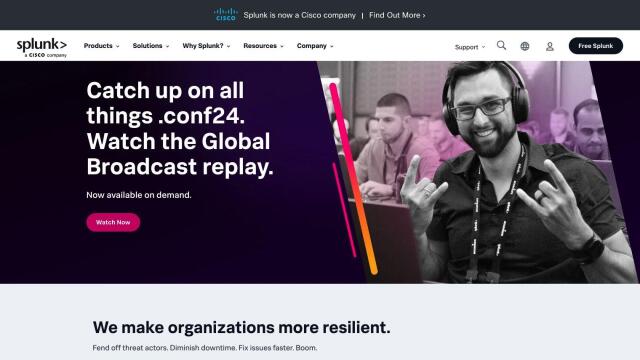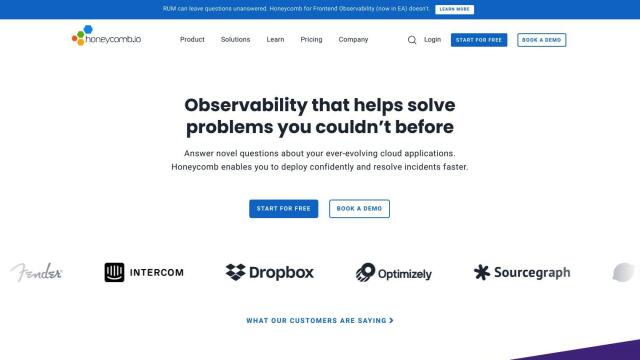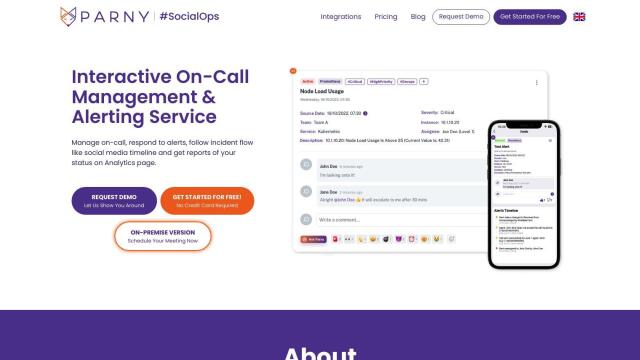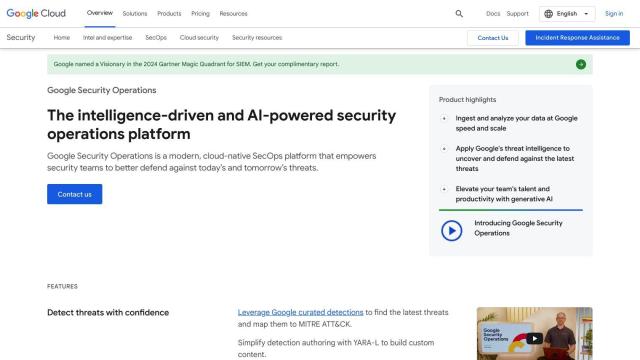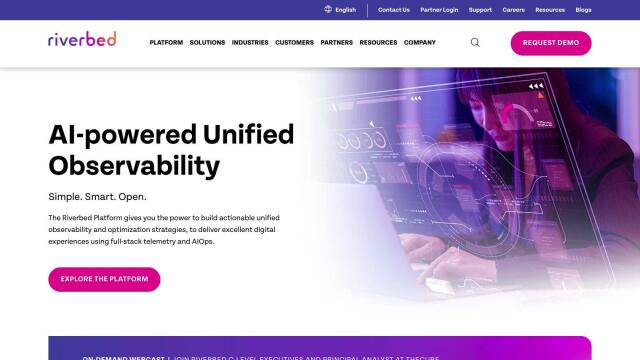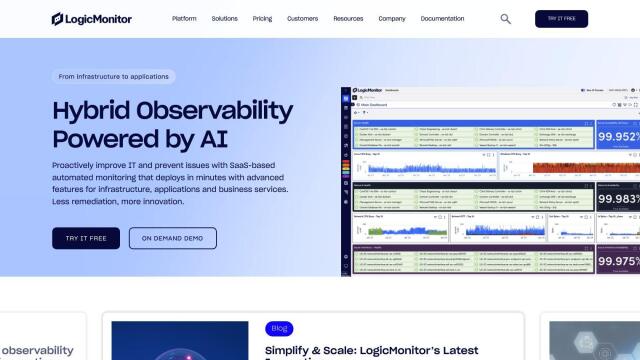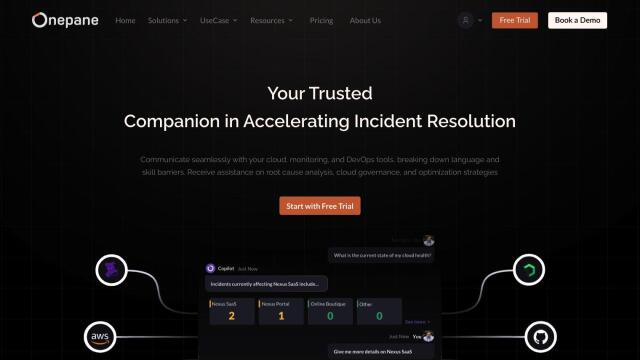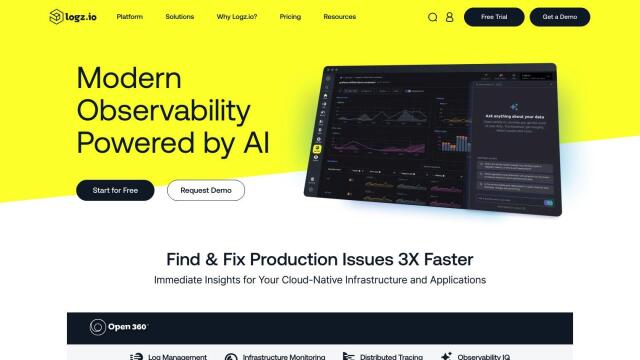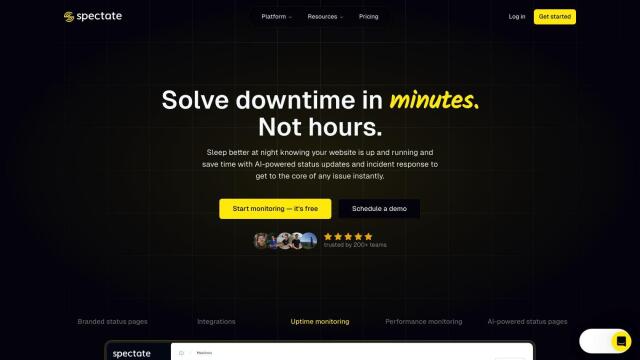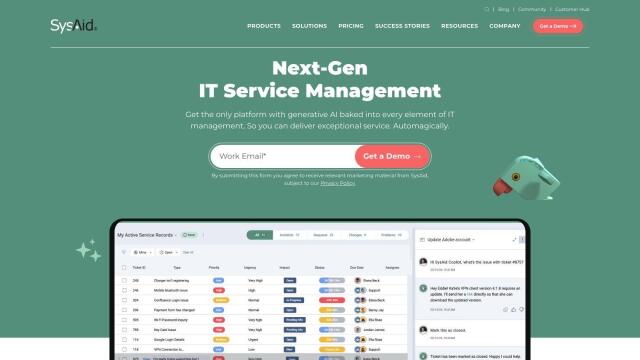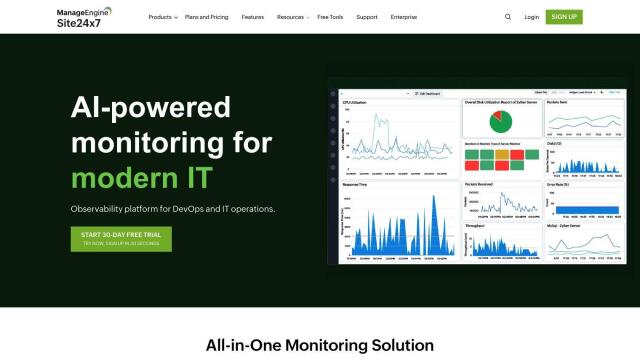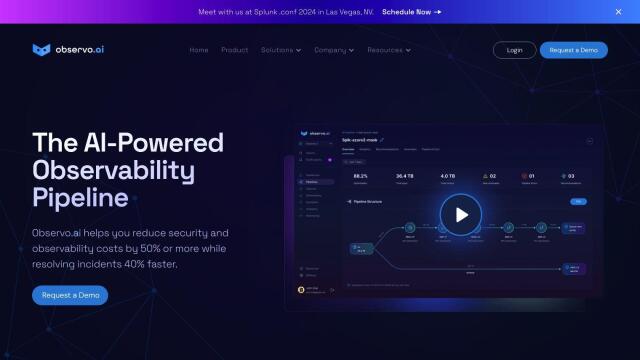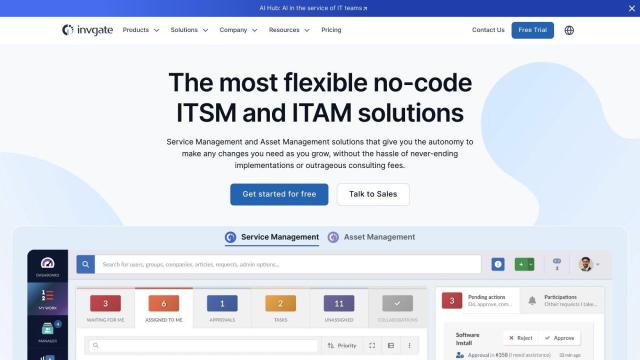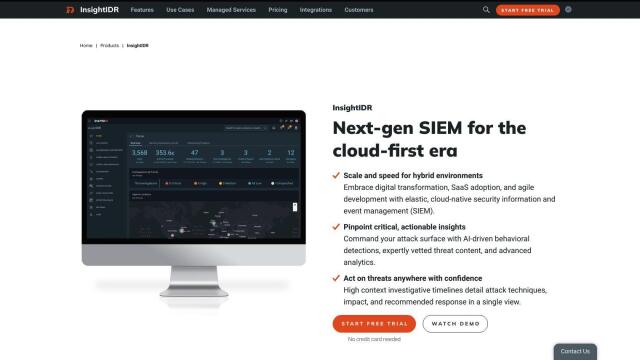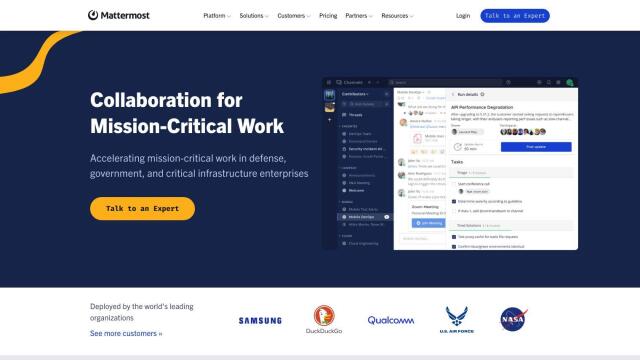Question: Is there a unified incident management platform that integrates with existing tools and allows customization for specific needs?

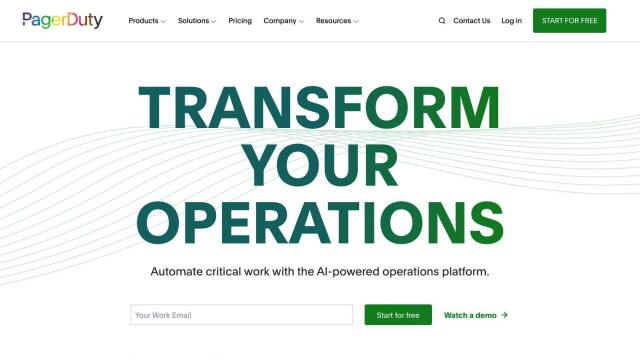
PagerDuty
If you're looking for an incident management platform that's unified and that can be integrated with other tools you already use, you might want to take a look at PagerDuty. It's got a broad suite of real-time operations, including end-to-end incident management, AIOps to cut out the noise, and automation for the most important work. PagerDuty has more than 700 integrations, and it's got a variety of pricing levels, including a customizable Enterprise option. It can automate important work, consolidate software and speed up incident response times.

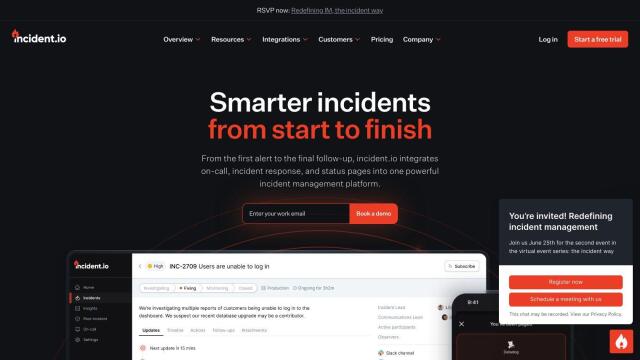
Incident.io
Another strong contender is Incident.io. It's an all-in-one platform that combines on-call, incident response and status pages to let teams respond in a consistent and automated way. It consolidates alert sources, schedules and escalation paths, and provides AI-powered insights for post-incident analysis. Incident.io integrates with Slack for workflows and has customization options to integrate with other tools.


Better Stack
Better Stack is another contender. It lets teams visualize, debug and resolve incidents across any technology stack. With features like log management, uptime monitoring and customizable dashboards, Better Stack automates on-call scheduling and offers actionable alerts. It also integrates collaboration tools to resolve incidents and improve overall processes.


ServiceNow
If you're looking for something more comprehensive for an enterprise, ServiceNow is a suite of products across many domains, including IT, customer service and IT operations. It uses AI and GenAI to improve productivity and efficiency, so it's a good option for companies large or small. ServiceNow works in multiple languages and regions and offers tools for performance analytics and reporting, so it's a good option for companies with complex service needs.

